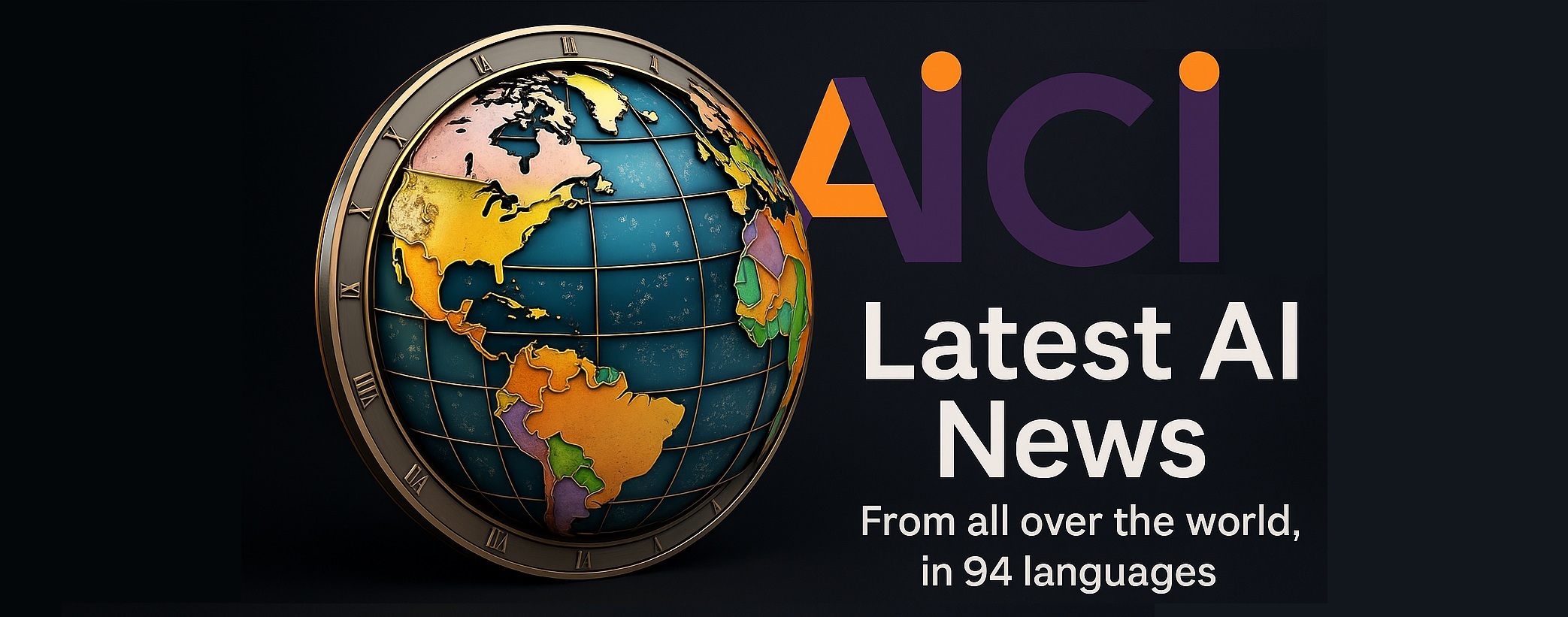August 25, 2025 - OpenAI has achieved a remarkable 50-fold increase in stem cell marker expression using a specialised GPT-4 variant to design enhanced proteins for cellular rejuvenation. The breakthrough demonstrates AI's potential to accelerate life science innovation, with engineered proteins achieving full pluripotency across multiple laboratory trials. This represents OpenAI's most significant venture into biotechnology, suggesting the company's ambitions extend far beyond conversational AI into fundamental biological research.
The research focused on improving "Yamanaka factor" proteins, the Nobel Prize-winning discovery that can reprogram adult cells back into pluripotent stem cells. OpenAI's AI system designed modified versions of these proteins that proved dramatically more effective in laboratory conditions. The company described this as proof that artificial intelligence can "meaningfully accelerate life science innovation," according to reports from TS2 Tech. The breakthrough comes as OpenAI continues expanding beyond its ChatGPT origins, exploring how large language models can contribute to scientific research and drug discovery.
This development occurs alongside broader industry moves into AI-driven biotechnology, with major technology companies increasingly viewing biological research as a natural application for their AI capabilities. The success with Yamanaka factors could accelerate research into regenerative medicine, potentially advancing treatments for age-related diseases and cellular damage. It also demonstrates how AI systems trained on vast datasets can identify patterns and solutions that might elude human researchers, particularly in complex biological systems where traditional approaches often prove time-consuming and expensive.
Our view: OpenAI's stem cell breakthrough represents a fascinating convergence of AI capabilities with fundamental biological research. The 50-fold improvement in protein effectiveness isn't just impressive numerically—it suggests AI can identify biological optimisations that human researchers might take years to discover. However, the transition from laboratory success to clinical application remains lengthy and uncertain. This development reinforces our belief that AI's greatest impact may come not from replacing human expertise, but from accelerating scientific discovery in domains where pattern recognition and optimisation can unlock new possibilities.

beFirstComment